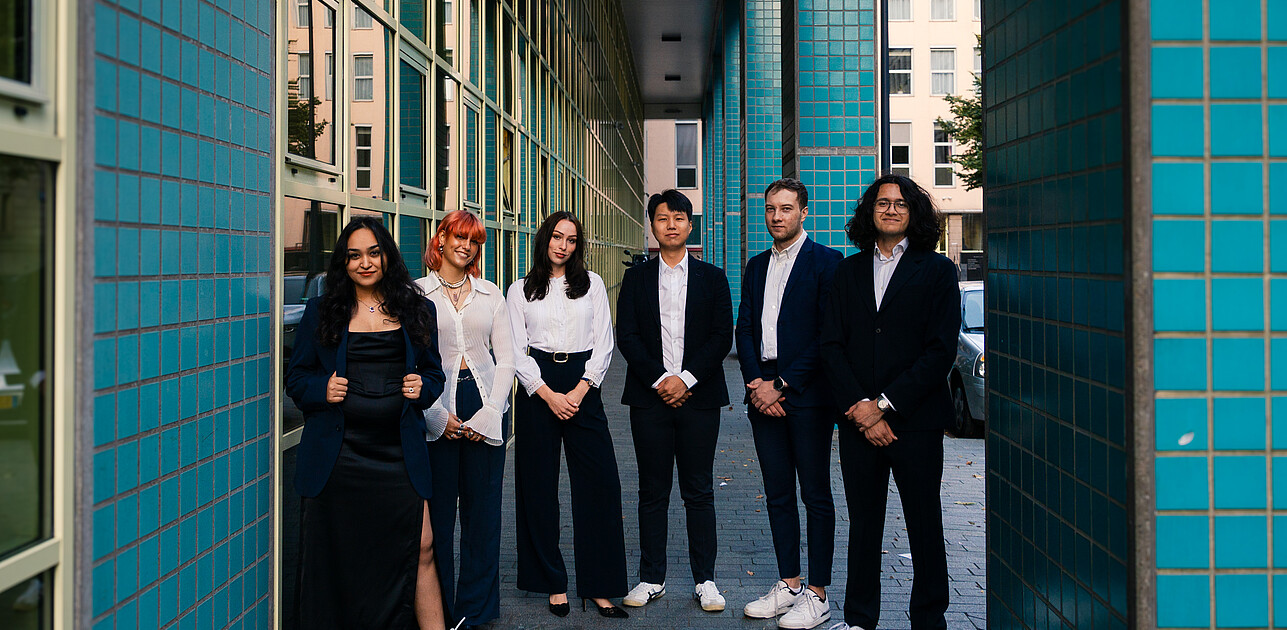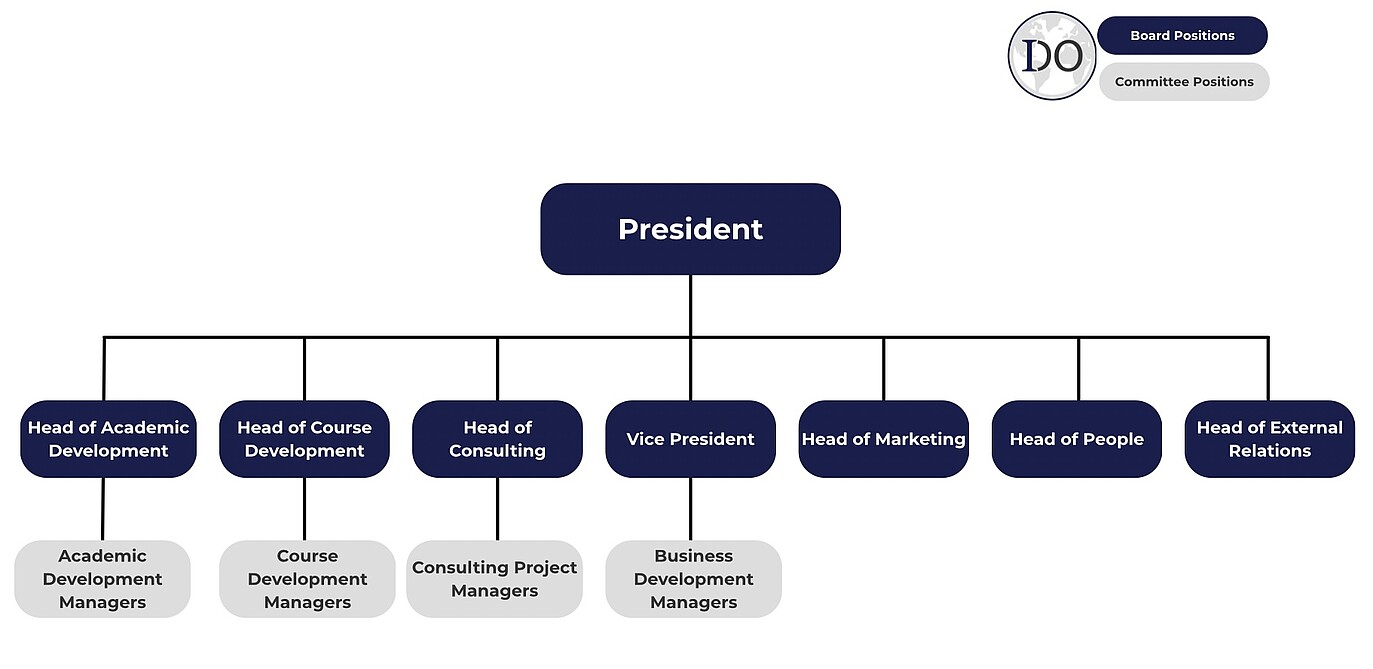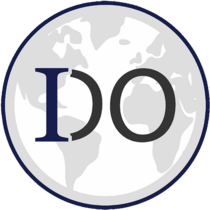


The I DO Project course is run as a cooperation between RSM and the I DO student board and committees, which enables us to manage the complexity of the NGO challenges as well as integrate student feedback. An arrangement that helps to bring us closer to the RSM mission to be a force for positive change in the world.
Are you interested in becoming part of the I DO student board or committee? Applications for these positions are only open to RSM master and pre-master students and to incoming third-year bachelor students enrolled at Erasmus University Rotterdam (EUR) for AY 2024-2025. The application period starts the week of 24 March 2025 and ends on 21 April 2025. Here is where you can apply.

The Student Board is responsible for connecting students and NGOs within the I DO course and supporting them to create positive impact as they take part. The Board is a unique group of motivated third-year BA and IBA students and master students who all have a passion for social impact. They demonstrate the spirit of I DO – as a course for students run by students.

Find below descriptions of the different board positions you can apply for
What you will do:
Who we are looking for:
What you will do:
Who we are looking for:
What you will do:
Who we are looking for:
What you will do:
Who we are looking for:
What you will do:
Who we are looking for:
What you will do:
Who we are looking for:
What you will do:
Who we are looking for:
What you will do:
Who we are looking for:
Find below descriptions of the different committee positions you can apply for.
What you will do:
Who we are looking for:
What you will do:
Who we are looking for:
What you will do:
Who we are looking for:
What you will do:
Who we are looking for:
Prof. Lucas Meijs is professor of Strategic Philanthropy and Volunteering at RSM and has advised the Student Board since the beginning of the I DO project. He now supports Taslim Alade in actively running the I DO course in co-creation with the student board.

Dr Taslim Alade is a lecturer in the department of Business-Society Management at RSM and the coordinator of the I DO course. He also teaches, coordinates the Professional Development course, and is a thesis coach to RSM master students. Taslim is very passionate about lecturing because it aligns with his personal value of positively impacting society via the students that he teaches and coaches.

